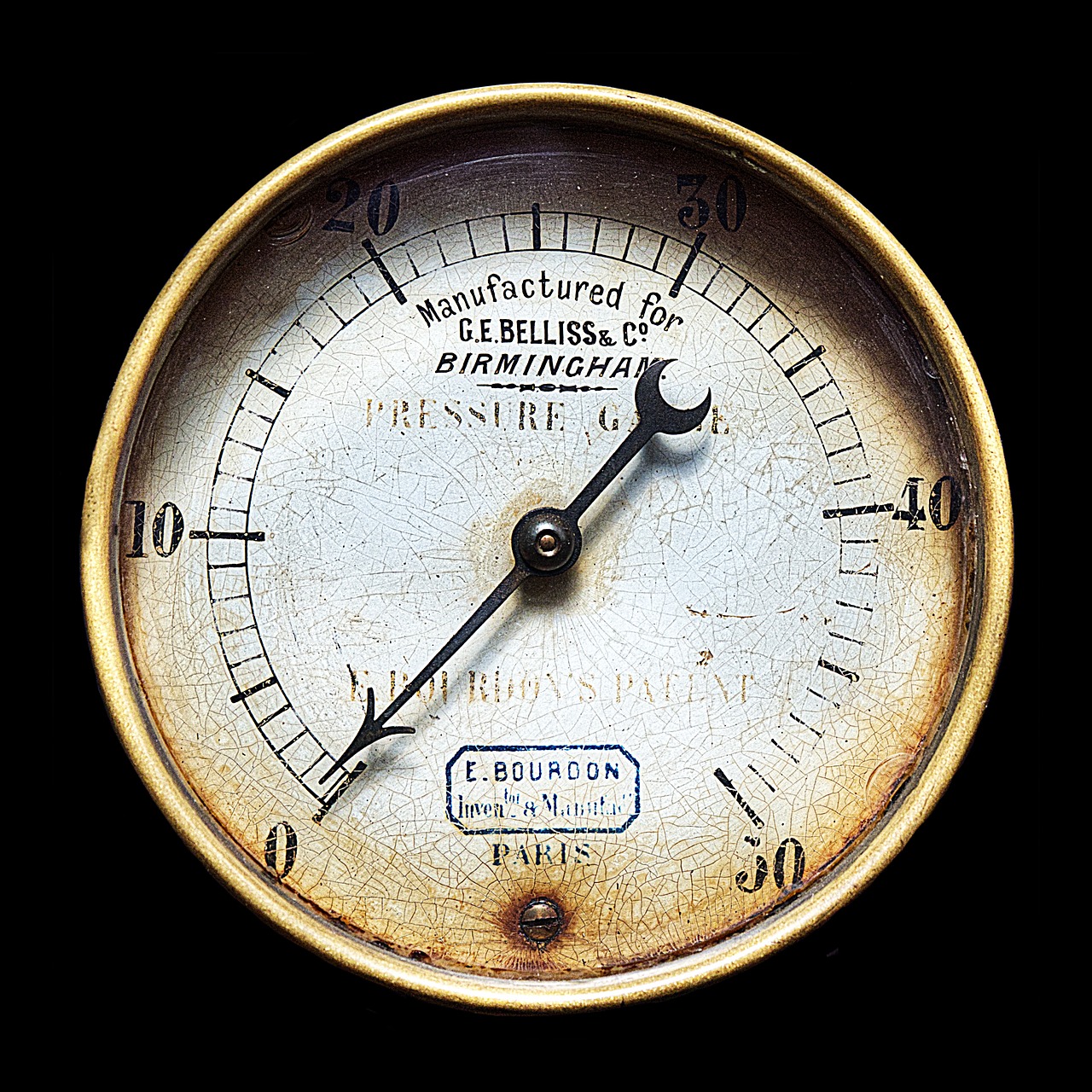The Evolution of Smart Manufacturing Processes
Internet of Things (IoT) is revolutionizing the manufacturing industry by enabling the connection between physical devices and systems through the internet. This interconnected network of devices communicates and shares data in real-time, leading to improved efficiency and production processes. By embedding sensors and actuators in machinery and equipment, manufacturers can monitor and control operations remotely, resulting in predictive maintenance and reduced downtime.
Moreover, IoT technology provides manufacturers with valuable insights into their production lines, supply chains, and overall operations. Through data analytics and machine learning algorithms, companies can optimize their processes, identify bottlenecks, and make informed decisions to enhance productivity and quality. The ability to collect and analyze vast amounts of data generated by IoT devices allows manufacturers to streamline operations, improve resource utilization, and ultimately drive innovation in the industry.
Advancements in Data Analytics for Smart Manufacturing
Data analytics has revolutionized the landscape of smart manufacturing by providing valuable insights and predictive maintenance capabilities. Manufacturers now have the ability to monitor and analyze data in real-time, enabling them to make proactive decisions and optimize production processes like never before. Through the use of advanced algorithms and machine learning techniques, data analytics has become an indispensable tool in improving efficiency and reducing downtime in the manufacturing industry.
Moreover, the integration of data analytics in smart manufacturing has led to the development of predictive quality models that allow manufacturers to identify potential defects or issues before they occur. By leveraging historical data and real-time metrics, manufacturers can predict outcomes, optimize production parameters, and ensure consistent product quality. This proactive approach not only enhances overall product quality but also helps in minimizing waste and maximizing resource utilization, ultimately leading to cost savings and improved customer satisfaction.
Integration of Artificial Intelligence in Manufacturing Processes
Artificial Intelligence (AI) is revolutionizing the manufacturing industry by improving efficiency, productivity, and decision-making processes. Through the integration of AI into manufacturing processes, companies can automate complex tasks, predict maintenance needs accurately, and optimize production schedules. These advancements lead to cost savings, reduced downtime, and enhanced overall performance within manufacturing facilities.
Moreover, AI enables manufacturers to analyze vast amounts of data in real-time, providing valuable insights for process optimization and quality control. By harnessing AI capabilities such as machine learning and predictive maintenance, manufacturers can identify patterns, trends, and potential issues to address them proactively. The integration of AI in manufacturing processes not only streamlines operations but also drives innovation and competitiveness in an increasingly dynamic industry landscape.





